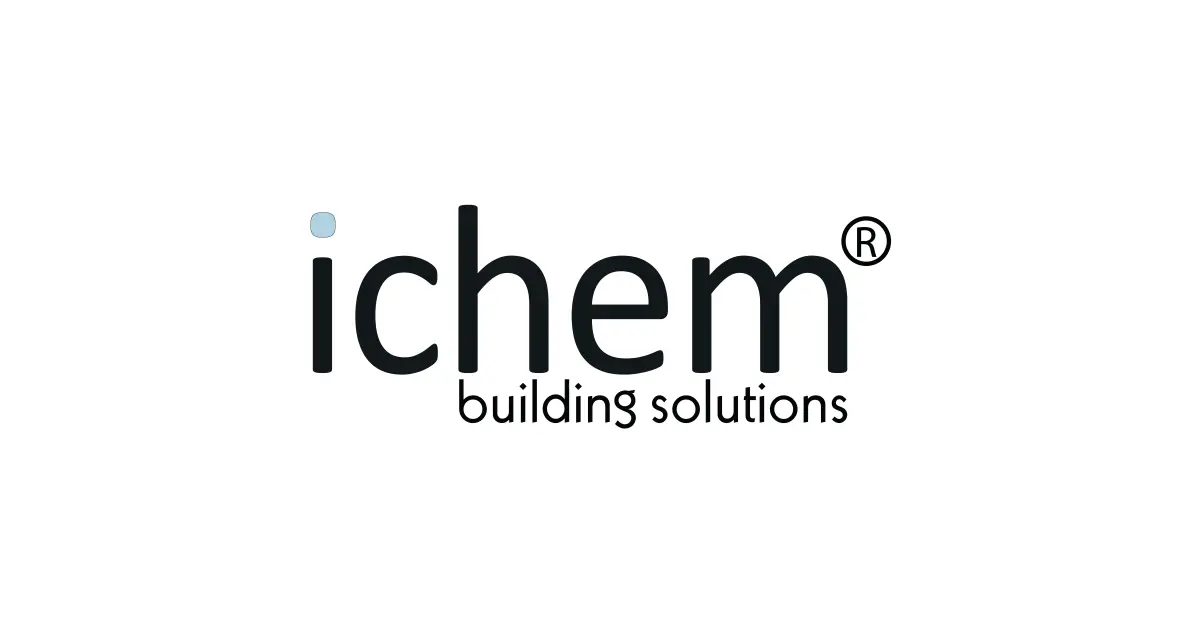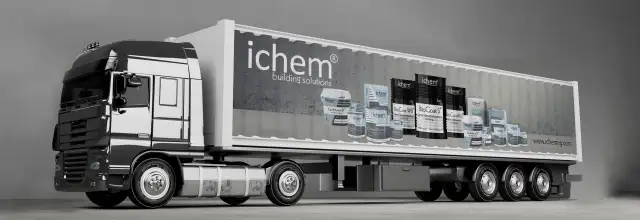
What Are the Best Expansion Joint Filler Materials in the Egyptian Environment?
Expansion joints are a fundamental element in construction projects, as they help protect buildings, roads, and bridges from cracks caused by thermal changes or mechanical loads. With the nature of the Egyptian climate, which witnesses significant temperature differences between day and night, choosing expansion joint filler materials becomes a strategic decision to ensure execution quality and the durability of the structure.
In this article, we review the most important materials used globally and locally, highlighting their advantages and considerations, along with the role of specialized companies such as IChem in providing certified solutions according to Egyptian and international standards.
A Simple Example to Understand Expansion and Contraction
When concrete is exposed to high temperatures, it expands, while it contracts when the temperature drops. This behavior is similar to putting a full bottle in the freezer; the water inside expands and creates pressure that may break it. That’s why expansion and contraction joints are executed to reduce this pressure and protect the structure from cracks.
Common Materials for Filling Construction Joints
Silicone Sealants
Advantages: High flexibility, excellent resistance to water and weather conditions, suitable for small and medium joints.
Considerations: Not suitable for heavy loads, some types may be affected by UV rays, relatively more expensive.
Polyurethane Sealants
Advantages: High adhesion strength, good flexibility, resistant to abrasion and chemicals, suitable for bridges and industrial floors.
Considerations: Requires precise surface preparation, may be affected by sunlight unless properly treated.
Flexible Sponge or Rubber Materials
Advantages: Excellent ability to withstand thermal and humidity changes.
Considerations: Shorter lifespan when exposed directly to sunlight, usually higher cost.
Cork or Flexible Plastic (Backing Rod)
Advantages: Used to control filler depth and reduce cracking, enhances sealant efficiency.
Considerations: Must be moisture- and water-resistant to avoid early damage.
Oxidized Bitumen
Advantages: Good water resistance, suitable for large joints and surfaces, economical cost.
Considerations: Less flexible compared to polymer materials, requires periodic maintenance.
Steps for Implementing Expansion Joints
Clean the joint from dust and debris.
Install the backing rod to adjust depth.
Fill the joint with silicone, polyurethane, or the chosen material.
Finish the surface for a uniform appearance.
Ensure sealing against water and dust.
Companies Supplying and Executing Expansion Joints in Egypt
When searching for expansion joint execution companies in Egypt or supply and installation of expansion joints, companies such as IChem provide integrated solutions that include:
Supplying internationally certified chemical materials for expansion joints.
A wide range of high-quality silicone and polyurethane products.
Technical consultations and after-sales services.
Competitive prices suitable for the Egyptian market.
📞 Phone: 01022000050
📧 Email: mahmoud.ragab@ichemeg.com
🏢 Address: 22 El-Shaheed Mohamed Abdel Hady St. – Ard El-Golf – Nasr City – Cairo, Egypt
🕘 Working Hours: Saturday to Thursday: 9:00 AM – 5:00 PM
📱 Follow us on Facebook, Twitter, and Instagram for the latest news and offers.
Practical Tips for Choosing the Right Material
Ensure the material complies with Egyptian or international standards (ASTM – BS).
Consider local climate conditions (temperature and humidity variations).
Choose water-resistant material, especially in coastal or rainy areas.
For joints exposed to heavy traffic or loads, polyurethane with metal covers is preferred.
Execution quality is as important as material quality.
Comparison Between Materials
Material | Advantages | Considerations |
|---|---|---|
Silicone | High flexibility – water resistant | Higher cost – not for heavy loads |
Polyurethane | Strong adhesion – chemical resistant | Needs careful prep – UV sensitive |
Flexible Sponge | Excellent flexibility – humidity resistant | Shorter life in sun – higher cost |
Cork/Plastic | Supports sealant – reduces cracks | Must be moisture resistant |
Bitumen | Economical – water resistant | Less flexible – needs maintenance |
Conclusion
The choice of expansion joint filler materials in Egypt depends on the project type, geographic location, and expected loads. Industrial projects and roads require strong materials such as polyurethane, while residential or commercial buildings may be suitable for silicone or other flexible materials.
Relying on a specialized company such as IChem guarantees certified materials and professional execution that ensures maximum safety and quality.
Also read:
Expansion and Contraction Joints

